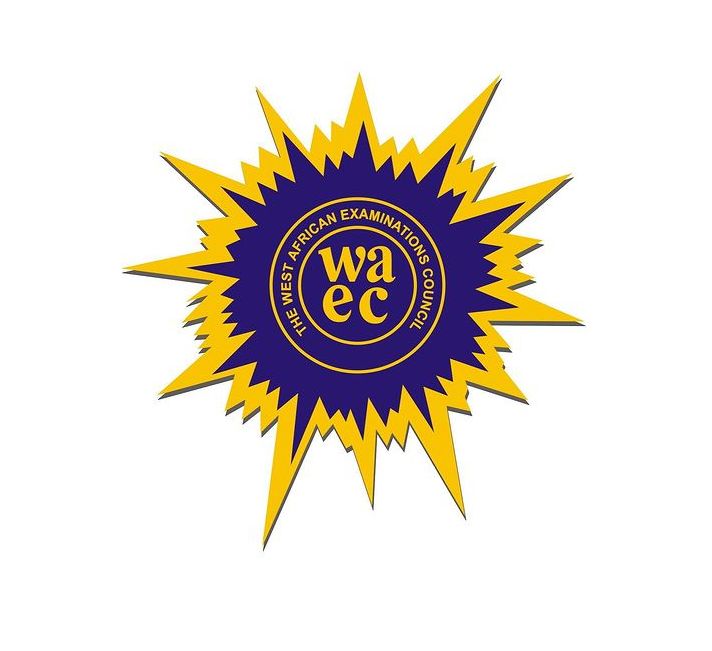
Can you enter University without WAEC?
Can You Enter University without WAEC?
Education is often seen as a key to unlocking a world of opportunities, and for many, the traditional path to university includes successfully passing the West African Examinations Council (WAEC) exams. But what if circumstances prevent you from taking this route? In this article, we explore the possibility of entering university without WAEC and alternative pathways available for aspiring students.
Understanding WAEC:
The West African Examinations Council is a crucial institution in the educational landscape. Its exams are widely recognized and serve as a standard for university admissions. Success in WAEC is traditionally viewed as a prerequisite for higher education.
VIEW ALSO : How to Check Your UTME Result?
Alternative Paths to University:
While WAEC is the norm, alternative routes exist for those unable to follow the conventional path. Mature student admissions, vocational qualifications, and university entrance exams are avenues worth exploring.
Mature Student Admissions:
Mature student admissions offer an opportunity for individuals who may not have conventional academic qualifications. We delve into the criteria and challenges associated with this unique admission route.
Entrance Exams: Some universities conduct entrance exams as an alternative to relying solely on WAEC results.
Challenges and Considerations: While alternative paths exist, it’s essential to address potential challenges and considerations. Thorough research and consultation with educational institutions are crucial to making informed decisions.
FAQs:
- Can I get into university without WAEC?
- Generally, universities require applicants to have completed secondary education, which often includes passing exams like WAEC (West African Examinations Council). However, some universities may accept alternative qualifications or pathways for admission.
- What are mature student admissions, and how do they work?
- Mature student admissions are designed for individuals who are older than the traditional age of university entrants. Requirements vary by institution but may include entrance exams, interviews, and demonstration of relevant life or work experience.
- Are vocational qualifications widely accepted for university admissions?
- Acceptance of vocational qualifications for university admissions depends on the institution and the country’s education system. Some universities recognize vocational qualifications as equivalent to academic qualifications, while others may have specific requirements or additional assessments.
- Which universities conduct entrance exams for admission?
- Many universities worldwide conduct entrance exams for admission, but the specific universities and their exam requirements vary by country and region. Some examples include the SAT and ACT in the United States, the JAMB exam in Nigeria, and various entrance exams in India.
- What challenges might I face when entering university without WAEC?
- Challenges may include limited options for universities that accept alternative qualifications, additional entrance exams or assessments, and potential skepticism from admissions officers regarding the equivalence of alternative qualifications to traditional ones like WAEC.
- Can I pursue a science-related course without WAEC?
- It depends on the university’s admission policies. Some universities may accept alternative qualifications or pathways for science-related courses, while others may require specific academic credentials like WAEC for such programs.
- Are there age restrictions for mature student admissions?
- Age restrictions for mature student admissions vary by institution and country. Some universities may have minimum age requirements, while others focus more on relevant life or work experience.
- How can I prepare for university entrance exams?
- Preparation for university entrance exams typically involves studying relevant subject matter, practicing sample questions, seeking guidance from teachers or tutors, and familiarizing yourself with the exam format and requirements.
- Are alternative paths recognized by all universities?
- Not all universities may recognize alternative paths equally. It’s essential to research individual university admissions policies to determine their acceptance of alternative qualifications or pathways.
- What vocational courses are recommended for university admission?
- Vocational courses that are closely related to your desired field of study or demonstrate relevant skills and knowledge for university-level education are recommended for university admission.
- Can I pursue a medical degree without WAEC?
- It’s highly unlikely to pursue a medical degree without meeting the specific academic requirements, which often include passing exams like WAEC or equivalent qualifications.
- How do I consult with educational institutions about alternative pathways?
- Contact the admissions offices or relevant departments of educational institutions directly to inquire about alternative pathways, admission requirements, and application procedures.
- Are there financial aid options for students entering without WAEC?
- Financial aid options may vary depending on the institution and the country’s policies. Some universities offer scholarships, grants, or financial aid programs based on merit, need, or specific criteria, regardless of the applicant’s academic background.
- Can I transfer from a vocational program to a traditional university course?
- Transferring from a vocational program to a traditional university course is possible, but it depends on various factors, including the compatibility of coursework, accreditation of the vocational program, and the transfer policies of the university.
- Are employers accepting of degrees obtained through alternative pathways?
- Employer acceptance of degrees obtained through alternative pathways may vary depending on the industry, employer preferences, and the perceived relevance and quality of the education and qualifications obtained. It’s essential to research industry norms and employer expectations in your field of interest.